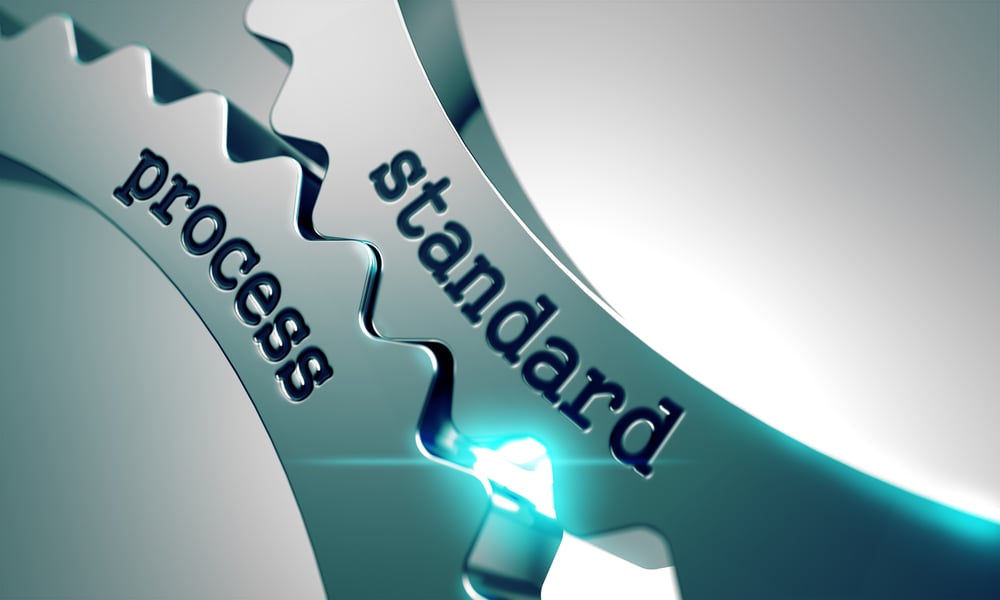Stay Ahead of the Curve Through Streamlining the Change Process
Change is an inevitable part of business. That means there is no excuse for being caught off guard. By gathering information on an ongoing basis,...
2 min read
![]() nTech Workforce
:
Jun 12, 2019 5:00:43 AM
nTech Workforce
:
Jun 12, 2019 5:00:43 AM

The tech industry is ripe with brilliant minds that love anything and everything analytical, technical, and a little beyond the grasp of the less “techie” crowd. Because those of us in the IT and tech industry are so focused on machines, algorithms, and technology, communication isn’t always our forte – especially when it involves communicating technical concepts to a nontechnical crowd.
Yet, IT and tech professionals are finding themselves in the position to do just that more and more often. When your audience is invested – as is the case with stakeholders – the ability to communicate technical details at their level of understanding is a critical skill.
Skilled communicators already know this. For the rest of us, bridging the knowledge gap when sharing tech-related information is a little more challenging. Here are three tips to help you more effectively communicate technical concepts with your non-technical audience.
One of the biggest mistakes when it comes to sharing technical information is going into the conversation full of assumptions – like over- or underestimating the audience’s level of familiarity with the topic.
Don’t make any assumptions about the audience’s level of knowledge. If you go too basic, you run the risk of insulting their intelligence but going over their heads positions you as an ineffective communicator. Instead, do some background research to determine the overall baseline of knowledge they’re working with.
Learn a little about the stakeholders in attendance or maybe provide a questionnaire that helps you better assess their tech knowledge. It’s also a smart strategy to provide a cheat sheet on industry-specific terms that they might not be familiar with.
You have a great deal of information you want or need to communicate. This doesn’t mean you’re going to be able to effectively do so at the rate you’re hoping for it to happen. When planning your meeting, be realistic about how much technical information your audience is capable of absorbing. Plan extra time for questions on more complex topics and be prepared to slow down and take a different approach to communication if your current one isn’t working.
We all had that teacher or professor who got drowned out because what they were saying made zero sense at the time. This was probably because either the topic bored you or you had no real-life experience to connect it to. Your stakeholders are the same way, and while they have a vested interest in what you’re saying, providing them with tangible examples as to how the information relates to real life will help keep them focused.
During your professional IT career, you will have plenty of opportunities to sharpen your communication skills. If you’re looking for a new opportunity to share your skills and knowledge, we’d like to connect you with the company that can make it happen. We provide contingent staffing services to help you gain experience and access to top employers. Contact nTech Workforce and discover the career that awaits you today.

Change is an inevitable part of business. That means there is no excuse for being caught off guard. By gathering information on an ongoing basis,...

As a technical professional in today’s economy, you may be surprised to learn you have the upper hand when it comes to the developing gig economy....

The term “gig economy” describes the rapid shift from traditional employment to contractual and freelance engagements. This provides a sense of...